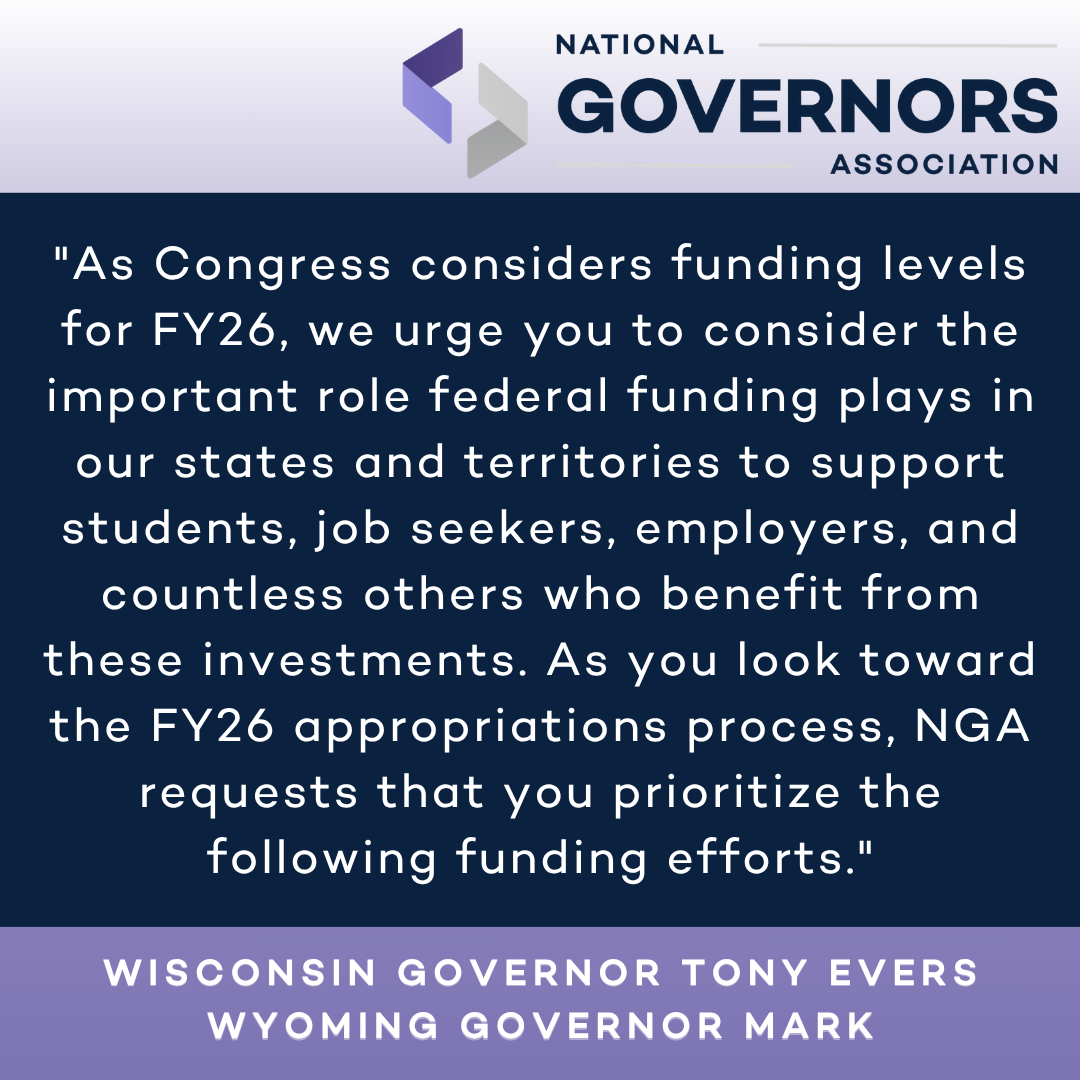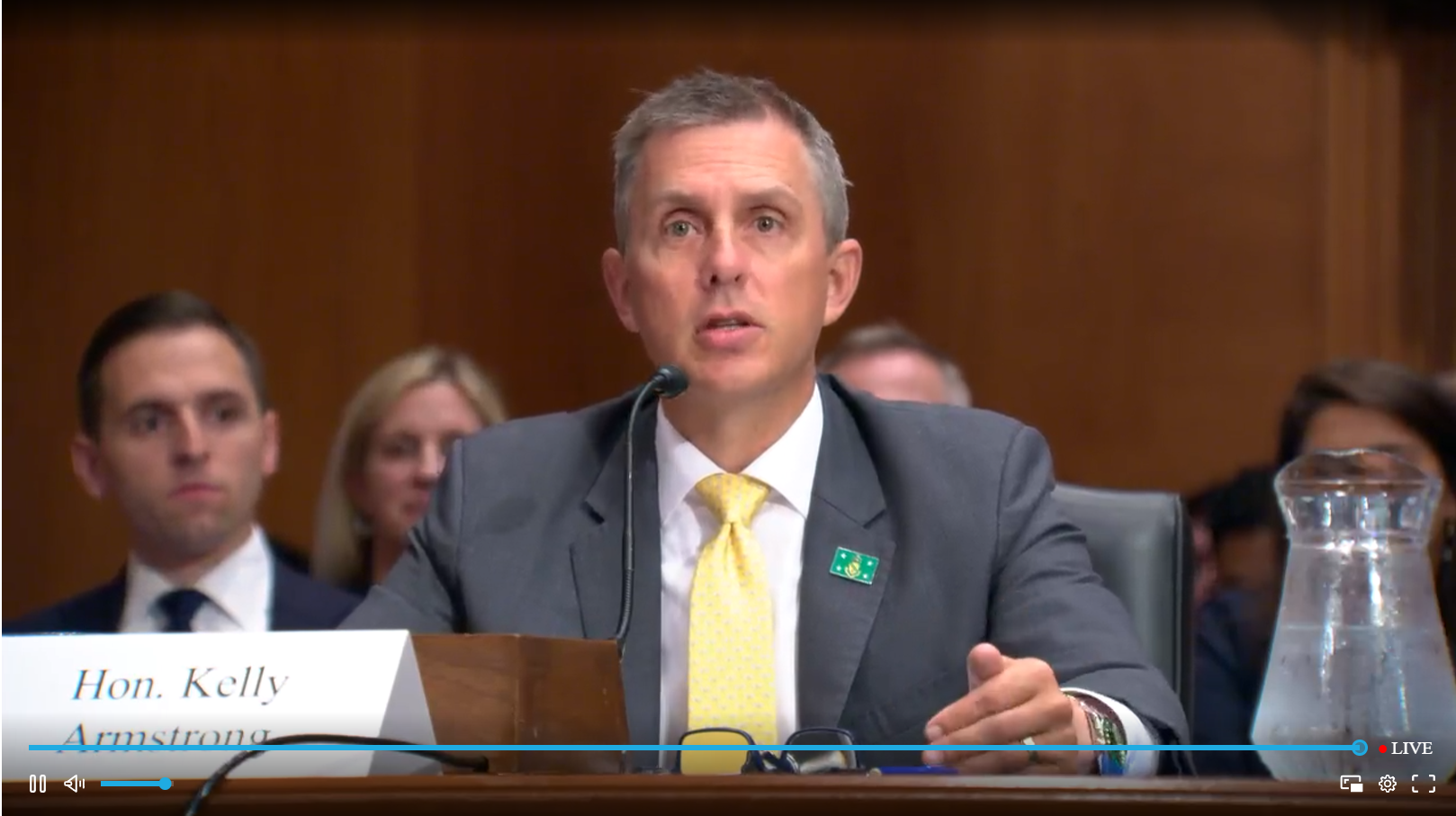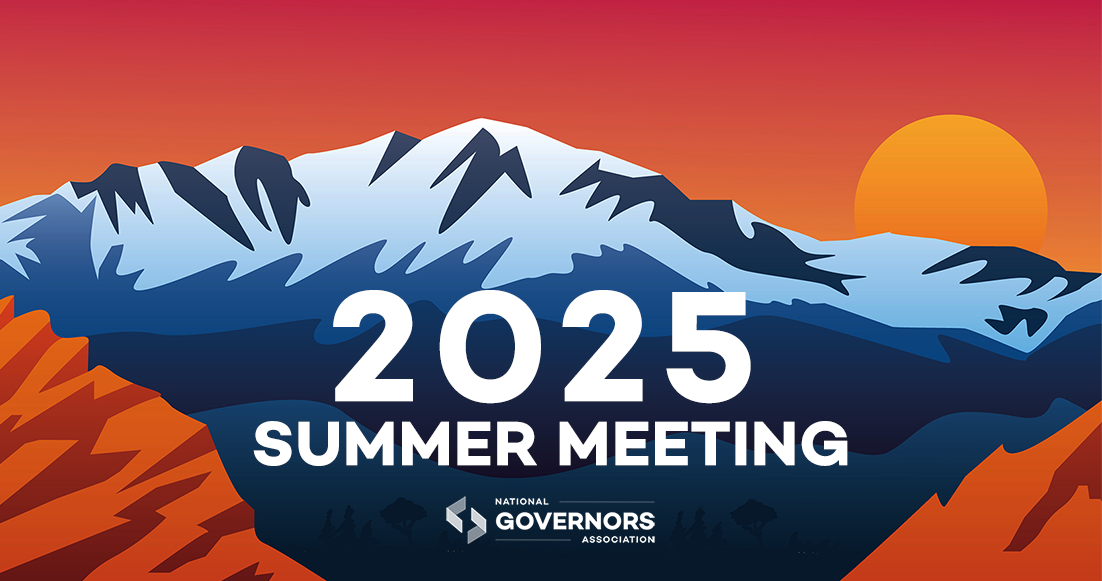WASHINGTON—The National Governors Association (NGA) announced today the selection of four states, Alaska, Michigan, New Hampshire and Virginia, to participate in policy retreats to advance new targeted energy-efficiency strategies.
Energy efficiency, one of the lowest cost energy resources available to consumers and businesses, has the potential to save up to 1 billion megawatt hours of electricity by 2030, according to the U.S. Department of Energy. By employing energy-efficiency strategies, states reduce waste, lower costs for consumers, improve building quality, enhance economic development and meet environmental goals.
“States continue to make strides in capturing the benefits of energy-efficiency savings, but there is much more we can do,” New Hampshire Gov. Maggie Hassan said. “The cleanest and cheapest source of energy is the energy that we don’t use. Through our energy efficiency and conservation efforts, New Hampshire customers save money and help to protect our environment. This opportunity with NGA will help build on our successful efforts and explore how to achieve greater efficiency for low-income families, helping to reduce energy costs and to improve the health and safety of their homes.”
Governors—along with state legislatures, regulatory commissions, utilities and industry—play a critical role in advancing innovative energy-efficiency policy solutions. However, several barriers to adopting those solutions still exist, including:
- Limited consumer and policymaker awareness of the multiple benefits of energy efficiency;
- A misalignment of utility financial incentives with the benefits of investing in cost-effective energy efficiency;
- Limited access to data about energy use;
- Outdated or inadequate energy efficiency program delivery models;
- Upfront costs for consumers that are recouped over long timeframes; and
- Insufficient coordination among utilities, policymakers, state agencies, consumers and other stakeholders.
The policy retreats will provide an intensive three-month opportunity to help each state develop a strategy for moving forward on their specific energy-efficiency challenge, based on ideas and input from leading experts. The issues addressed will include deploying new lighting technologies, better serving low-income consumers, developing benchmarking programs for buildings and exploring new financing mechanisms. The retreats are funded by a grant from the U.S. Department of Energy’s Weatherization and Intergovernmental Programs Office.
To learn more about the NGA Center for Best Practices Environment, Energy and Transportation Division, please visit nga.org/bestpractices/divisions/eet.












